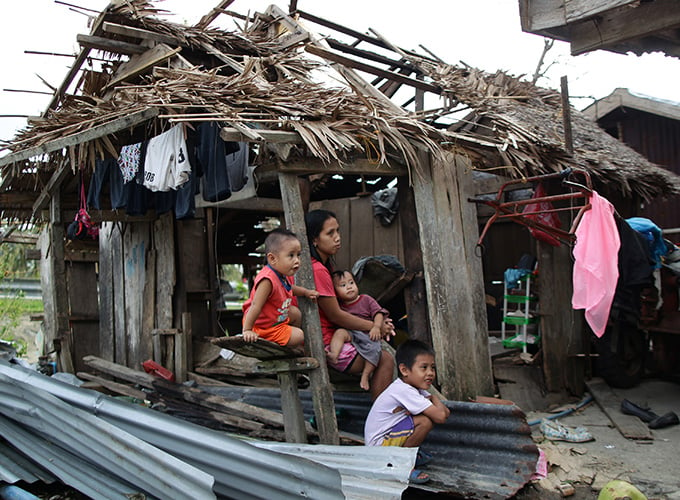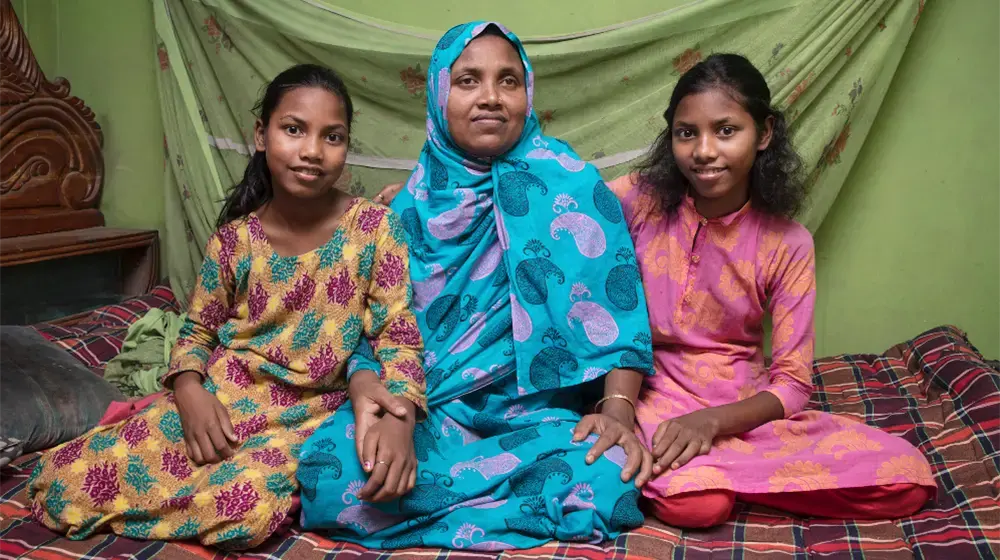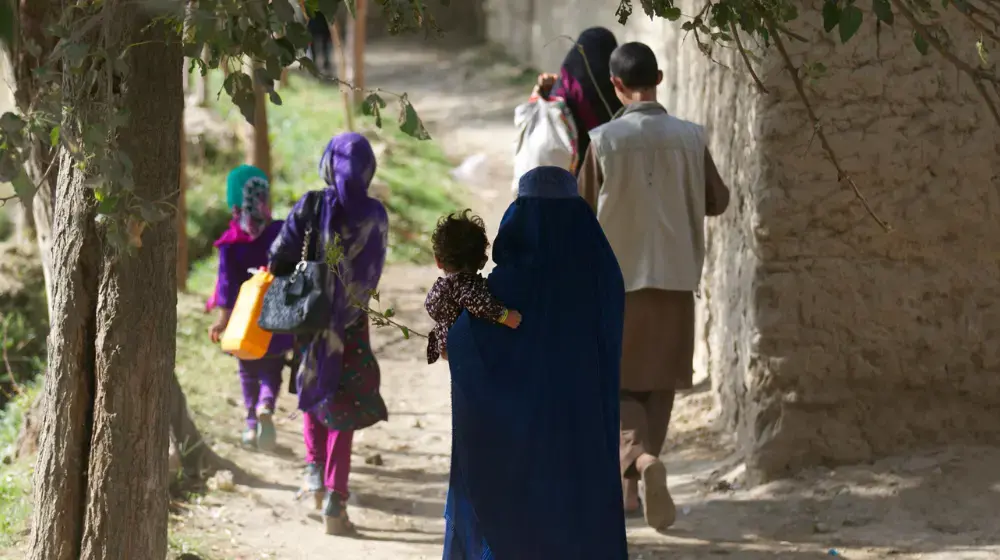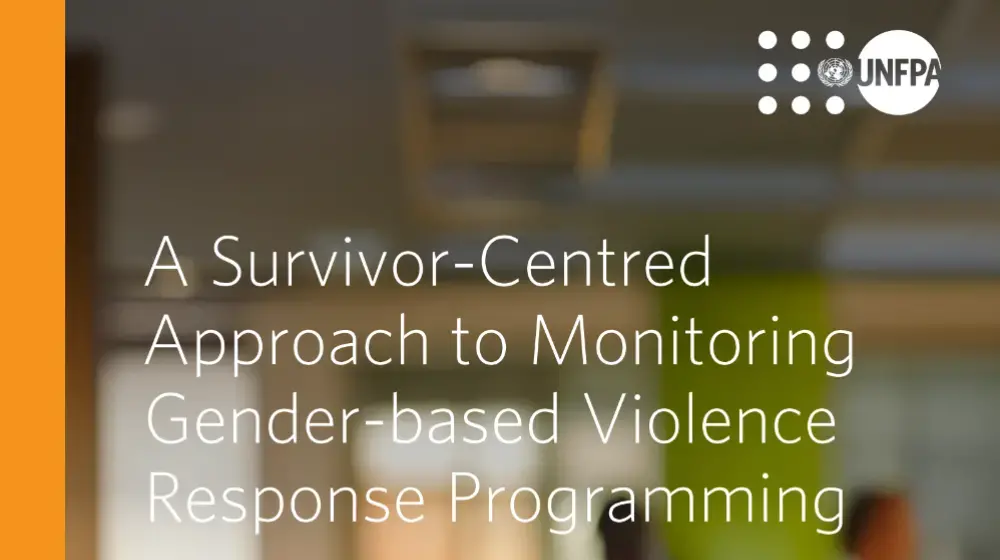MANILA, Philippines – Relief and recovery efforts are ongoing in the Philippines as floodwaters from Typhoon Koppu, known locally as Typhoon Lando, continue to recede. Among those affected are hundreds of thousands of women and girls of childbearing age and tens of thousands of pregnant women, UNFPA estimates.
In areas severely affected by the floods, there have been reports of women giving birth in evacuation centres.
In coordination with the Department of Health, UNFPA has deployed hygiene supplies to pregnant women and new mothers and has delivered medical equipment to health workers to support safe childbirth.
Childbirth in emergencies
The typhoon was unusually large and slow-moving, unleashing flash floods and landslides when it made landfall over the municipality of Casiguran, in Aurora Province on 18 October. The health department later reported 60 deaths and 90 injuries.
As of 6 November, some 713,600 people were still displaced, according to information from the National Disaster Risk Reduction and Management Council, and an estimated 9,000 survivors were currently crowded into evacuation centres.
Health facilities have been badly affected. At Casiguran District Hospital, much of the roof was blown off the building, and staff were forced to attend to childbirths in the emergency room because of extensive damage to the maternity ward.
UNFPA has provided the hospital with clean delivery kits, which contain the medicines and sterile supplies required to safely perform deliveries.
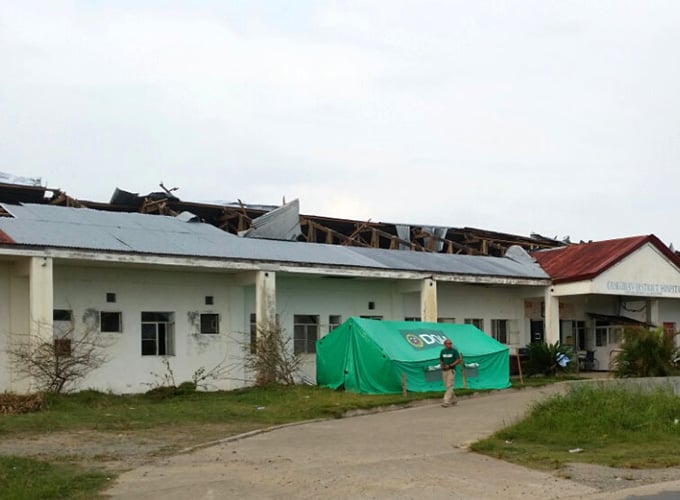
“Pregnant women deliver even in emergencies. We must ensure that they continue to have access to safe and clean delivery despite the situation,” said Klaus Beck, UNFPA’s Representative in the Philippines. “It is a matter of life and death for the woman and the baby.”
Meeting the needs of new mothers
UNFPA has also distributed thousands of dignity kits – which contain hygiene supplies, including soap, sanitary napkins, underwear and other essential items – for pregnant and breastfeeding women in affected provinces.
These and other emergency supplies had been prepositioned in the country to facilitate faster deployment to typhoon-hit areas upon government request. Further supplies and support are ready to be distributed should they become necessary.


